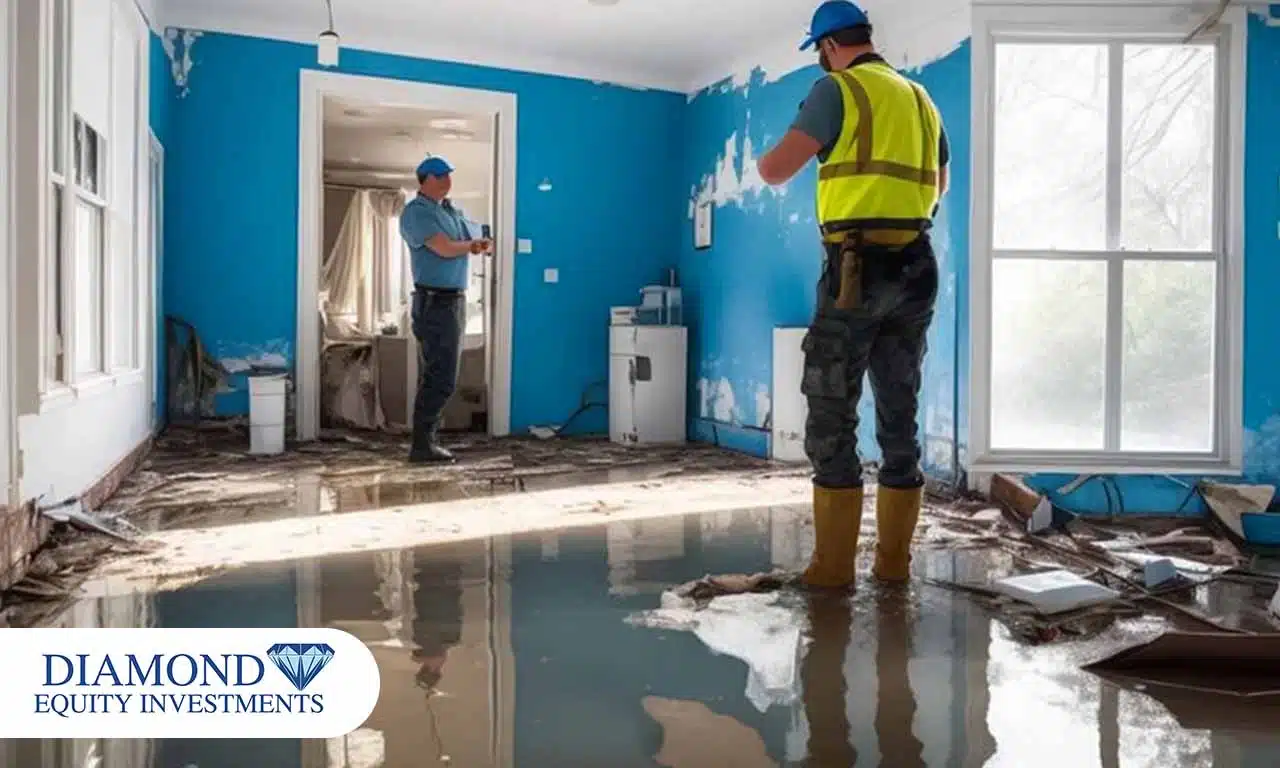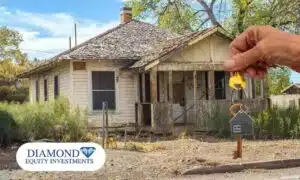
Selling a home is rarely simple, but selling a problem property one with water damage, fire damage, structural cracks, or a failing foundation can feel overwhelming. Chicago homeowners dealing with distressed properties often describe the experience as frustrating, expensive, and sometimes even embarrassing. Add in the pressure of inspections, repairs, and skeptical buyers, and you’ve got a process that feels emotionally draining.
But here’s the truth: you can still sell a problem property even one with major issues, and if you’ve been wondering how to sell my house in Chicago in this condition, you actually have more options than you think.
Key Takeaways
- Problem properties can be sold in Chicago, you just need the right strategy.
- Repairs aren’t always worth the cost; sometimes selling as-is yields better results.
- Cash and investor buyers are usually the best match for damaged homes.
- Pricing realistically is essential to attract serious buyers.
- Transparency and documentation protect you legally and help build buyer trust.
1. What Counts as a “Problem Property” in Chicago?
A “problem property” isn’t only one that looks bad on the surface. Chicago real estate laws and buyer expectations make certain defects harder to hide or work around. Homeowners most commonly face:
- Basement flooding or water intrusion
- Mold caused by improper ventilation or leaks
- Foundation cracks or sagging floors
- Outdated plumbing or electrical
- Fire or smoke damage
- Old roofs, damaged siding, or structural rot
- Unfinished repairs after a storm
- Long-term neglected maintenance
Before making any decisions, it helps to understand what type of issue you’re dealing with and how it affects your home’s value.
Why this matters: Buyers get nervous around “big-ticket issues,” and most mortgage lenders won’t approve loans on severely damaged homes. That limits your buyer pool and affects how you market and price the property.
Should I Repair Everything Before Selling?
You can, but you don’t have to.
Option 1: Make Essential Repairs (If You Have Budget + Time)
This works if your home only needs a handful of repairs and you want to list on the traditional market. However, consider these realities:
- Chicago foundation repairs can cost $4,000 to $20,000
- Mold remediation averages $1,500 to $8,000
- Roof replacement may run $7,000 to $15,000
- Water-damage cleanup can exceed $10,000
Every repair comes with inspections, contractors, delays, and surprises. If you’re already overwhelmed, this route may not be ideal.
Option 2: Sell the Home As-Is (Most Popular Choice)
Chicago’s real estate market does allow as-is sales, and many buyers especially investors who buys houses in any condition actively look for distressed properties. You avoid:
- Paying for repairs
- Negotiating with contractors
- Waiting for permits or approvals
- Spending months preparing for listing
- This is usually the fastest and least stressful path.
3. What Documents Will I Need to Sell a Damaged Home in Chicago?
To protect yourself and comply with Illinois disclosure laws gather:
- Previous repair invoices
- Engineer or structural reports (if available)
- Flooding history
- Insurance claim documents
- Mold or mitigation records
- City violation notices
- Contractor quotes, if any
- Utility history (buyers often request this)
Being upfront prevents legal issues later and helps serious buyers evaluate your home realistically.
4. How Do I Sell a Distressed Home Fast Without Feeling Cheated?
Selling as-is doesn’t mean settling for less than your home is worth. Here’s how to protect your bottom line:
1. Get Multiple Offers
Compare buyers who purchase problem houses. Some will offer far more than others.
2. Understand Your Repair Discount
Buyers often subtract repair costs from your price. Get two or three contractor quotes to understand true repair value instead of guessing.
3. Disclose Honestly
Illinois law requires sellers to disclose major issues like flooding history, structural defects, and previous fire damage. Hiding problems can lead to legal headaches later.
But disclosure doesn’t mean you need to overshare. Keep it factual and simple. Provide documents or inspection reports if you have them, they help buyers understand the scope of the problem.
4. Skip Agents If You Want Faster Results
Agent listings can take months and usually require repairs. Selling directly to a cash home buyer Chicago familiar with distressed homes is much quicker.
Being honest also builds trust. Many buyers appreciate clarity instead of surprises.
Important Tips to Sell Your Problem Property in Chicago
1. Target the Right Type of Buyer
Here are your realistic buyer categories:
- Renovation-minded investors
- Cash Home Buyers Chicago is often the fastest path to closing.
- Developers
2. Price the Home Realistically
Pricing a problem property is an art. Too high, and buyers will scroll past. Too low, and you leave money on the table.
3. Protect Yourself During the Sale
When selling a damaged home, keep these protections in mind:
- Use an attorney (standard practice in Illinois)
- Make sure the buyer signs an as-is agreement
- Don’t start repairs unless you’re committed, half-finished work can scare buyers
- Save receipts and documentation of past repairs
The more organized you are, the smoother the closing will be.
Before You Lose Hope – Here’s the Real Bottom Line
A damaged home is not a dead end. Thousands of Chicago homeowners sell problem properties every year, some with worse issues than yours. The key is choosing the right selling strategy based on your time, budget, condition, and stress level.
If you’re overwhelmed, relocating, dealing with an estate, or just ready to move on, you might be thinking: I need to sell my house fast Chicago-what’s the easiest route?
In that case, skip repairs, skip showings, and skip the uncertainty. Selling directly to a buyer who purchases homes as-is, especially one familiar with Chicago’s older neighborhoods such as Diamond Equity Investments can save you months of stress. These buyers understand flooding, foundation settlement, and outdated wiring are simply part of the reality here.
FAQs
1. Can I sell a house in Chicago with major foundation issues?
Yes. Many investors actively buy homes with structural problems, especially if the location is desirable.
2. Do I need to repair flooding or mold before selling?
Not necessarily. You must disclose it, but many buyers are willing to handle the remediation themselves.
3. Will a bank finance a home with serious damage?
Usually no. That’s why cash or investor buyers are the most reliable option.
4. How fast can I sell a damaged house?
Traditional sales can take months, but cash buyers or investors like Diamond Equity Investment can often close in days to weeks.
5. What’s the best way to figure out how to sell my house in Chicago with damage?
Get quotes for repairs, talk to an as-is buyer, compare the numbers, and choose the route that gives you the highest net and least stress.




